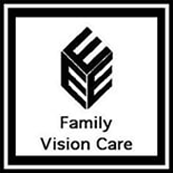News
.jpg)
What Does it Mean to be Legally Blind
Have you ever wondered what it truly means to be legally blind and how it could impact your life? Legal blindness is not just a term, but a specific level of vision impairment defined by law, significantly affecting your daily activities.
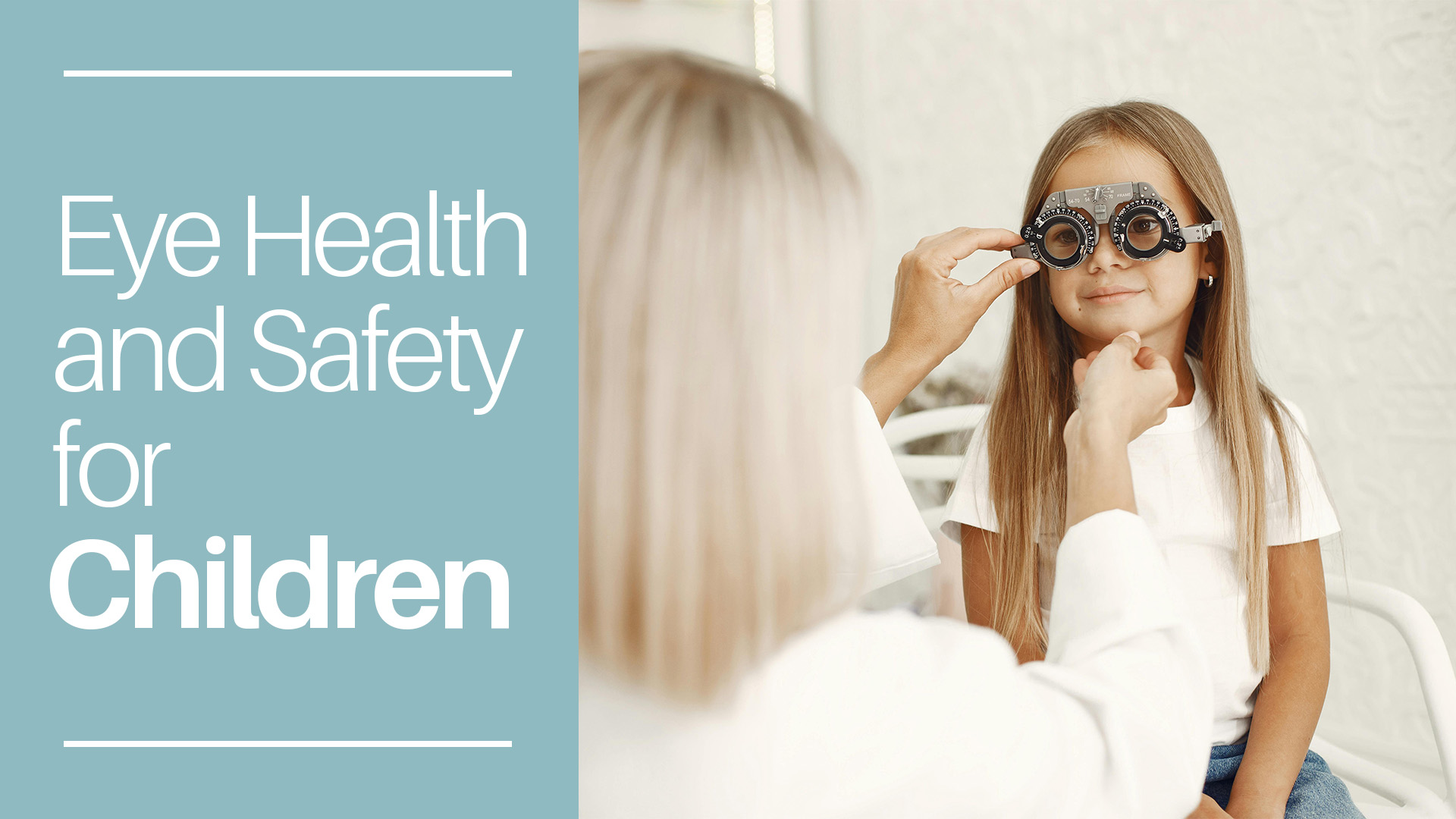
Eye Health and Safety for Children
As the new school year approaches, the excitement of fresh notebooks, new backpacks, and meeting new friends fills the air. Amidst all the preparations, it's essential not to overlook a critical aspect of your child's well-being: eye health and safety.
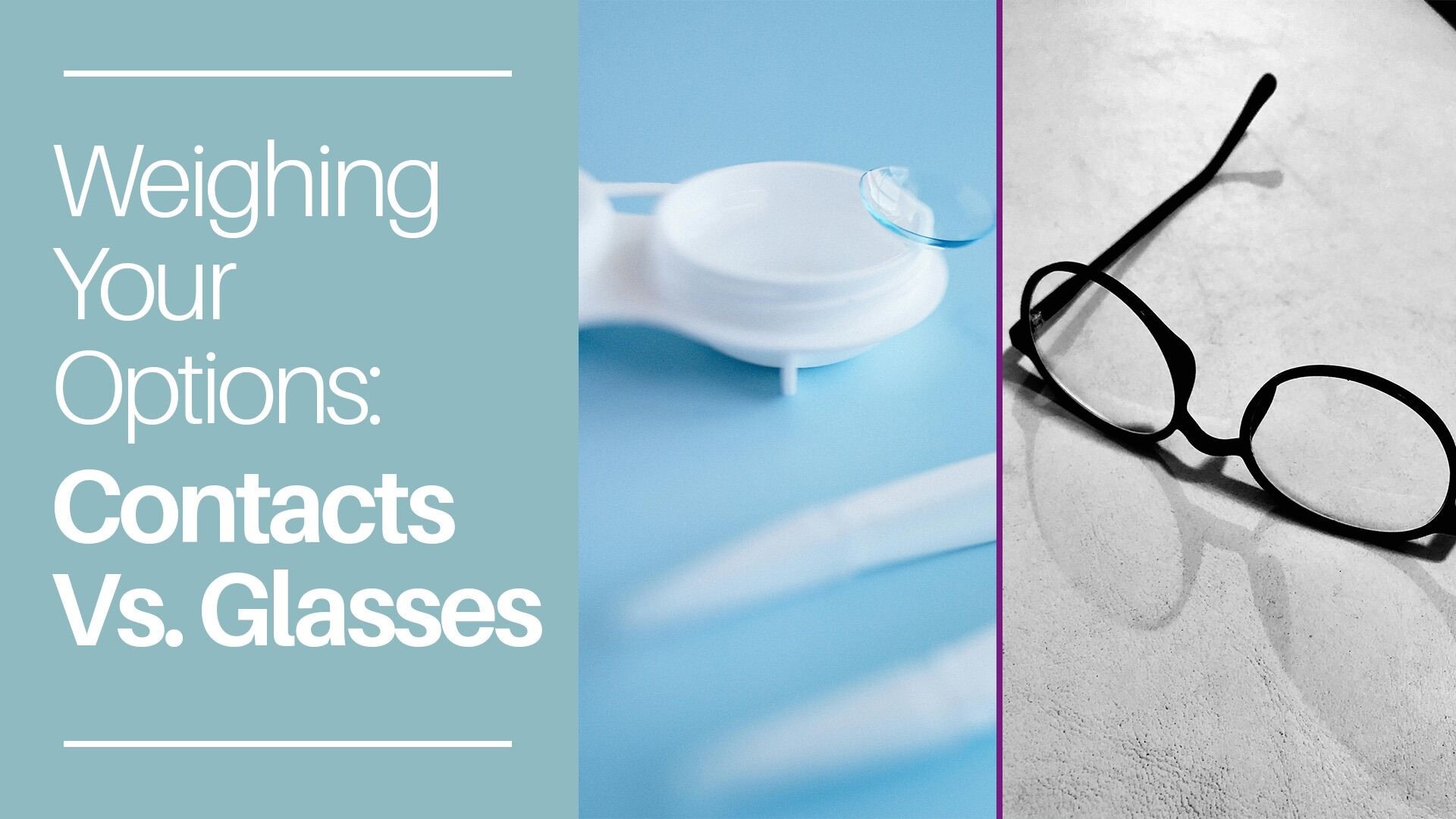
Weighing Your Options: Contacts Vs. Glasses
If you’ve been having vision problems and your optometrist has prescribed you contacts or glasses, it’s not always readily apparent which you should choose.
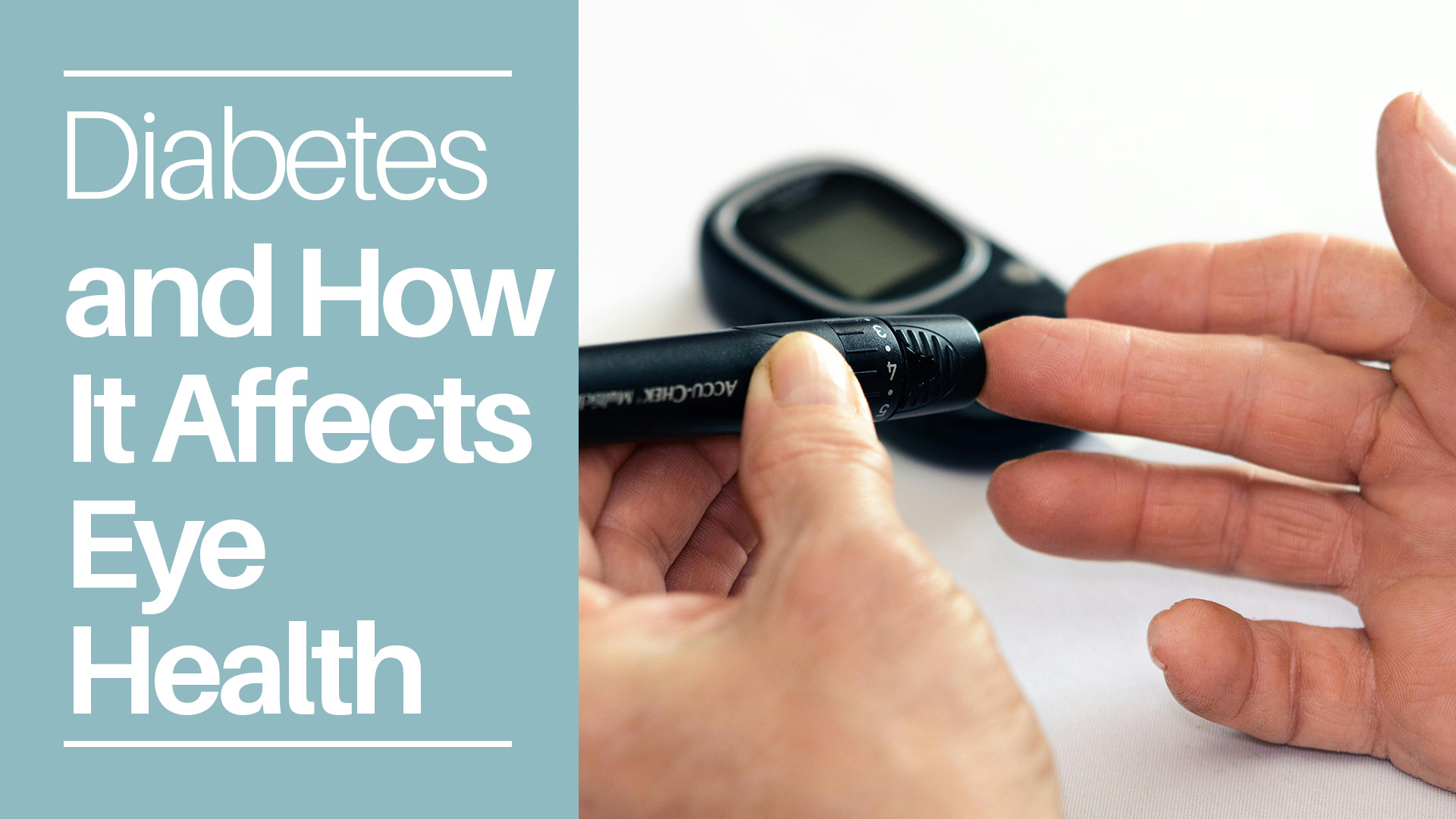
Diabetes and How It Affects Eye Health
Did you know that men are less likely to attend preventative eye care appointments than women are?
As June is Men's Health Awareness Month, at Oxford Family Vision Care, we believe that it is important to shed light on the concerning statistics regarding men’s eye health.
According to a study published by the Centers for Disease Control and Prevention (CDC), men who have diabetes are 50% less likely than women to have had an eye exam in the past year. This is concerning since both men and women who have diabetes are at risk for developing serious eye conditions.

Contacts: Do's and Don'ts
Have you recently started wearing contacts, or do you exclusively wear contacts?
Contacts, also known as contact lenses, are thin, curved lenses placed directly on your eye's surface to correct vision problems. They provide an alternative to eyeglasses for those who prefer not to wear them or want a more natural look.
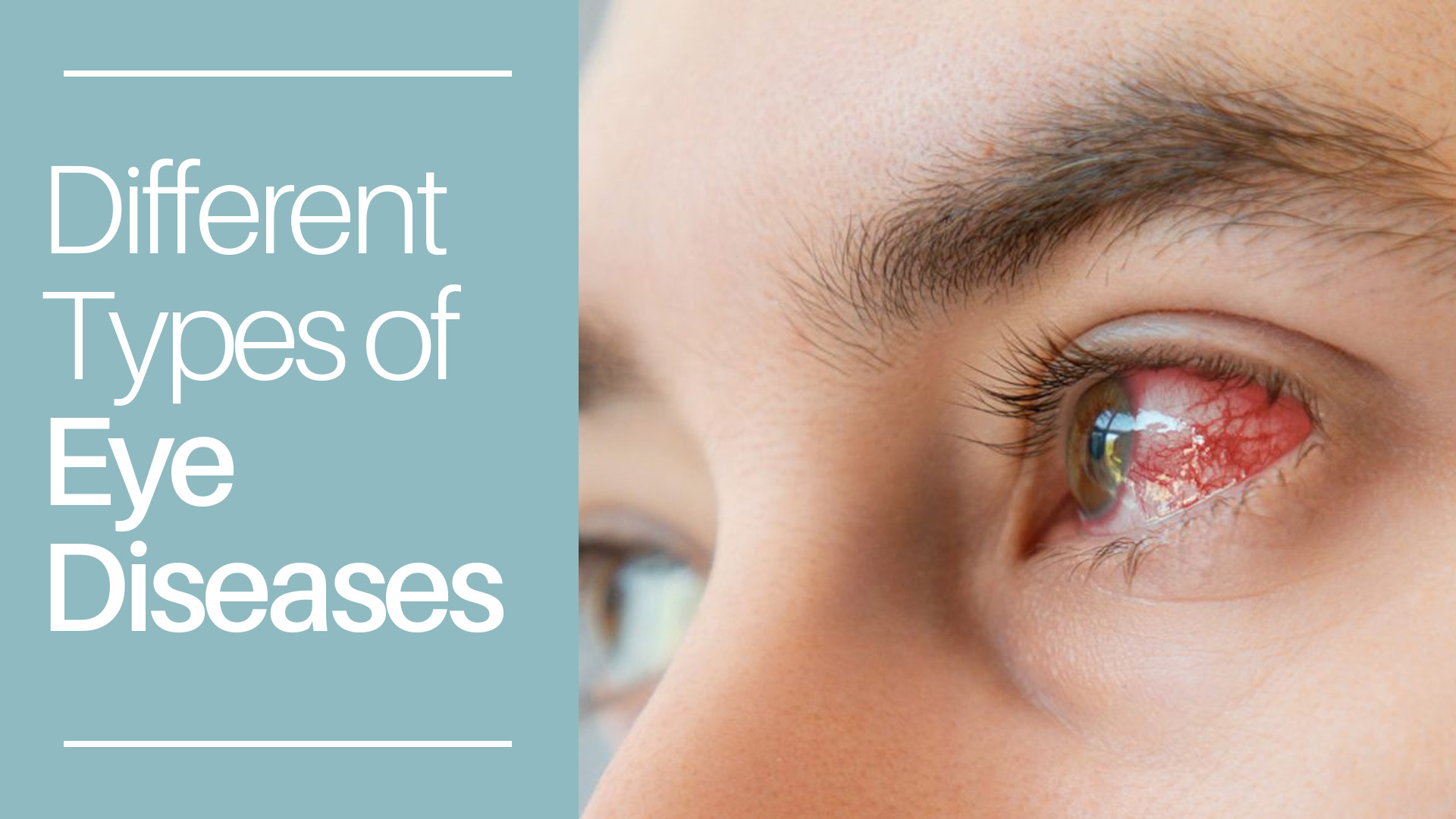
Different Types of Eye Diseases
Your eyes are one of the most precious gifts you have because they allow you to see and experience the world around you.
However, they are also vulnerable to a variety of diseases that can affect your vision and overall eye health. From nearsightedness to more serious conditions like glaucoma, it is important to be aware of the different signs and symptoms of common eye diseases that can impact your eye health.
